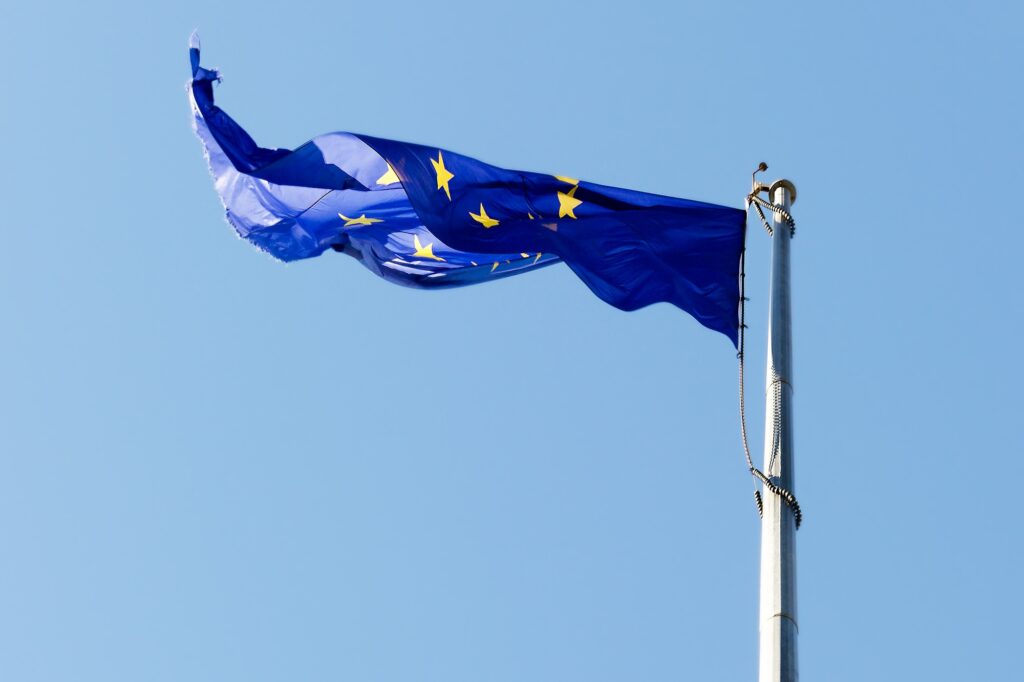Key Takeaways:
- EU Plans to Reopen Delegation in Syria: The European Union intends to reestablish its diplomatic presence in Damascus, signaling a shift in relations with Syria.
- Engagement with New Syrian Leadership: The EU’s decision follows the recent change in Syria’s government, with an emphasis on constructive dialogue and support for the country’s reconstruction.
- Conditions for Cooperation: The EU emphasizes the protection of minorities and the rejection of extremism as prerequisites for deepening bilateral relations with Syria.
The European Union has announced plans to reopen its delegation in Damascus, marking a significant shift in its diplomatic stance towards Syria. This move comes in the wake of recent political changes within the country and reflects the EU’s intention to engage more directly with Syria’s new leadership.
Renewed Diplomatic Engagement
Kaja Kallas, the EU’s High Representative for Foreign Affairs, stated during a European Parliament debate that the EU cannot afford to leave a vacuum in Syria and must be present to support the country’s transition. She noted that initial contacts with the new Syrian authorities have been constructive, indicating a potential for positive developments in bilateral relations.
Conditions for Cooperation
While expressing readiness to support Syria, the EU has outlined specific conditions for deepening cooperation. These include the protection of minority rights and a clear stance against extremism. The EU’s engagement strategy aims to ensure that the new Syrian leadership adheres to principles of inclusivity and human rights.
Implications for EU-Syria Relations
The reopening of the EU delegation in Damascus signifies a willingness to reengage with Syria after years of diplomatic estrangement. This development could pave the way for increased humanitarian aid, support for reconstruction efforts, and a more active role for the EU in Syria’s post-conflict recovery.
Broader Context
The EU’s decision aligns with similar moves by individual member states. For instance, Italy recently appointed an ambassador to Syria, becoming the first G7 nation to resume its diplomatic mission in Damascus since the onset of the civil war. These actions reflect a broader recognition of the need to engage with Syria’s new political realities to promote stability and address ongoing humanitarian challenges.
#
Source: Schengen News










